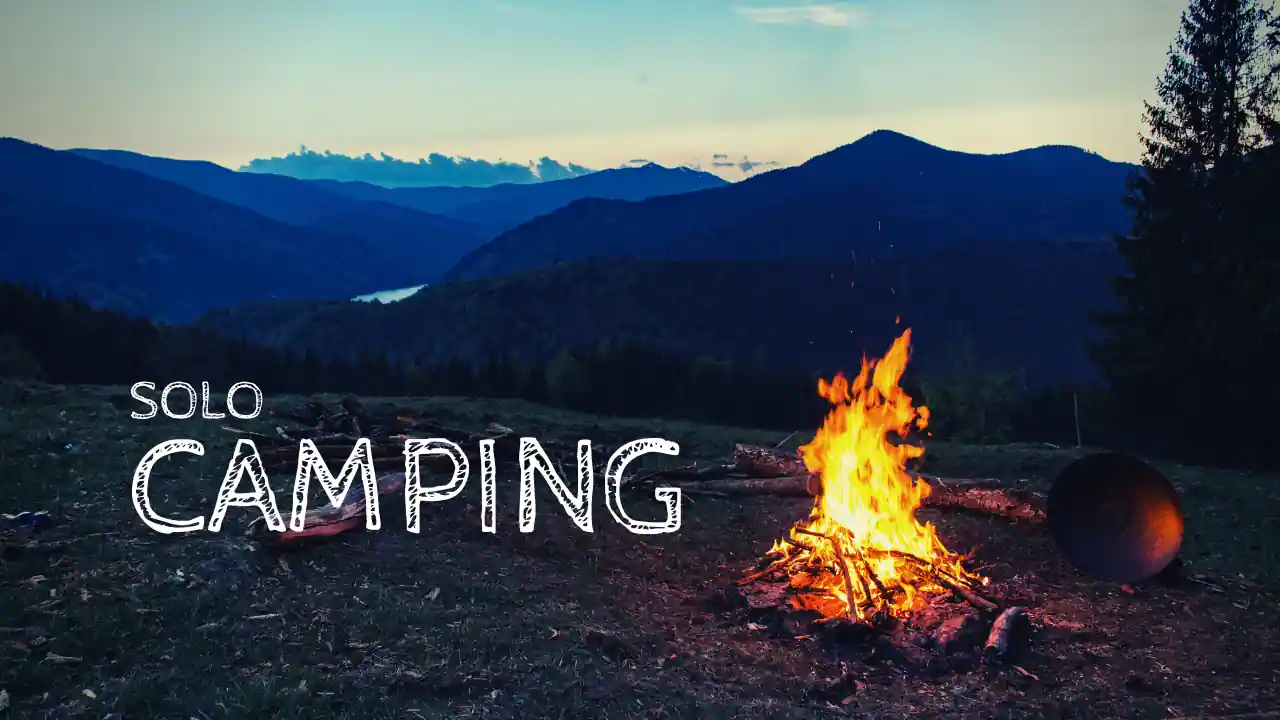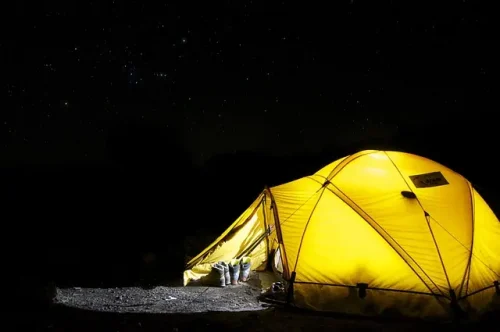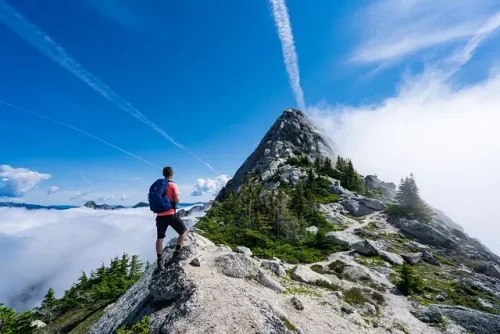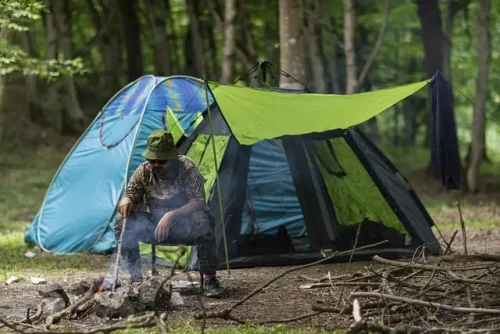
How to Make It Through Your First Solo Camping Trip
The opinion is divided right down the middle on the significance of solo traveling. Many people believe traveling alone or solo camping is the best way to experience the magic of Mother Nature. Those on the other end of the spectrum cite safety concerns and the notion that group traveling tends to be more fun than solo adventures.
But if you’ve been considering embarking on a solo trip or vacation, we’d recommend that you don’t reconsider. As you shall find, there are numerous perks of exploring planet earth alone. This article uncovers the best tips to make your maiden solo camping trip successful.
1. Start by Appreciating the Benefits
The primary benefit of camping alone is that you can savor every experience. That’s because there are fewer distractions and less time wasted attending to your travel companions’ needs.
Solo camping also offers an opportunity to self-introspect even as you strive to reconnect with Mother Nature. No wonder such adventures are popular among religious pilgrims.
Lastly, camping alone is more convenient than in a pack. Issues like shortlisting the camping destinations, mapping out the routes, and drawing a meal plan are easier resolved when traveling solo than in a group.
2. Understand the Downsides Too
Solo traveling has its drawbacks too. Therefore, equally familiarizing yourself with the challenges expected while camping alone is essential.
As already hinted, insecurity is the primary disadvantage of hitting the woods or plains by yourself. You stand a better chance of confronting personal safety scenarios and medical emergencies when camping in a group than alone.
Solo campers also run the risk of boredom. That’s especially true for extroverted or outgoing travelers who naturally thrive in social groupings.
Also, planning a solo camping trip may be easy. But it’s not always affordable, especially considering that only one person bears all the associated travel costs.
3. Have an Outdoor Subscription Box
An outdoor subscription box is a subscription-based service that regularly ships the tools and equipment required for the success of any outdoor adventure. This service can be instrumental in easing the logistical challenges often encountered when planning a successful camping trip.
The good news is that there are multiple companies like BattlBox that offer a seasoned and high quality subscription box for outdoors. You just have to know where to look.
As you’re exclusively planning a camping trip, the general practice would be choosing a provider specializing in camping supplies. You might also want to establish the company’s reputation by reading reviews from past clients. Besides, check a supplier’s shipping and return policy before settling with them.
4. Choose a Solo Camping Destination
There’s no shortage of camping destinations for solo travelers. But as you may already know, what works for one camper may not work for you.
Determining your favorite activities is a good place to start when looking for a camping destination. Are you a beach person, or are you more into the woods?
It’s also essential to choose a destination that guarantees personal safety. For instance, you wouldn’t want to set up your camp in a forest overrun by militia.
Lastly, establish that your intended camping ground offers basic amenities. Even if you prefer solo-camping off-grid, pitch your camp on a site with access to food, water, electricity, and waste disposal systems.
5. Choose Your Activities Wisely
Choosing a suitable camping ground shouldn’t exclusively dictate the nature of activities you can engage in as a solo camper.
That’s because you can still pursue fun activities far away from your campsite, provided you can quickly and safely retire to your camp at the end of the day.
Fortunately, there are plenty of solo travel activities, most of which apply to solo campers too. Examples include hunting, fishing, hiking, bird watching, and visiting a museum.
6. Pack Wisely for Solo Camping
The importance of packing lightly for a camping trip cannot be over emphasized. That’s especially true for solo campers.
Over-packing can slow down your trip to the camping ground. Besides, too much stuff can diminish your tent’s space, making the experience less enjoyable. Therefore, it’s important to pack only what you need. These include basic clothing, tents, and camping equipment.
However, remember that under packing is nearly as detrimental as overpacking. Don’t leave camping essentials like bedding, a fully custom blanket, or your meds behind in your quest for minimal packing. So, always use your best wisdom to determine what you should carry to the camping ground.
7. Learn a Skill or Two
This is arguably the most important thing to remember before embarking on a debut solo camping trip. Interestingly, it’s the very thing that many new campers often skimp on.
Before you set off for a remote camping location, establish that you can naturally make fire. You don’t have to go hungry simply because your lighter or matchboxes got drenched in overnight dew.
It’s also essential to learn how to hunt or fish game. Unless, of course, your camping ground is situated near shopping centers.
There are plenty more outdoor skills to learn before going on your maiden camping trip. These include navigation, weather reading, and water purification skills, to mention but a few.
Read More: Unexpected Travel Expenses: How to Handle It
Summary
A solo camping trip can be delightful if adequately planned. We hope you can use this article to guide your next camping adventure.





